Our Experts
Epidemiology & Modeling
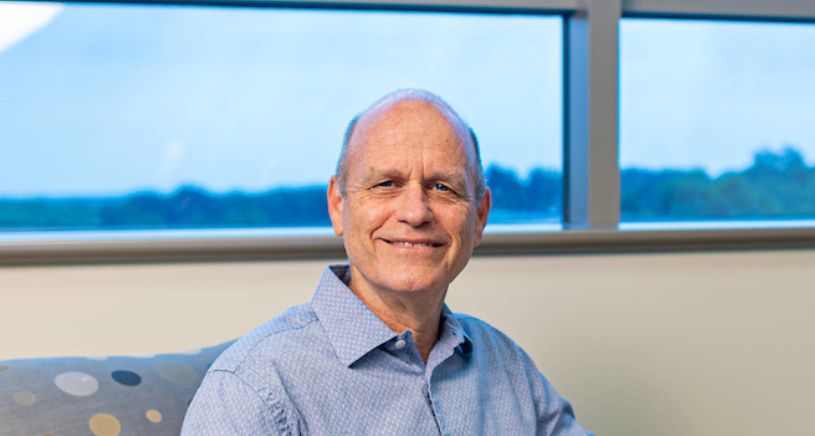 Joseph Eisenberg, professor of Epidemiology and Global Public Health at the School of Public Health,
is an expert on infectious disease epidemiology and has 20 years of experience in
microbial risk assessment work focused on water quality. He is part of a group of
scientists from around the country who are involved with the Modeling Infectious Disease
Agents Study, an NIH-funded program that focuses on infectious disease transmission
modeling with a particular focus on waterborne pathogens. Their work has informed
recent Ebola projections about infection rates and deaths.
Joseph Eisenberg, professor of Epidemiology and Global Public Health at the School of Public Health,
is an expert on infectious disease epidemiology and has 20 years of experience in
microbial risk assessment work focused on water quality. He is part of a group of
scientists from around the country who are involved with the Modeling Infectious Disease
Agents Study, an NIH-funded program that focuses on infectious disease transmission
modeling with a particular focus on waterborne pathogens. Their work has informed
recent Ebola projections about infection rates and deaths.
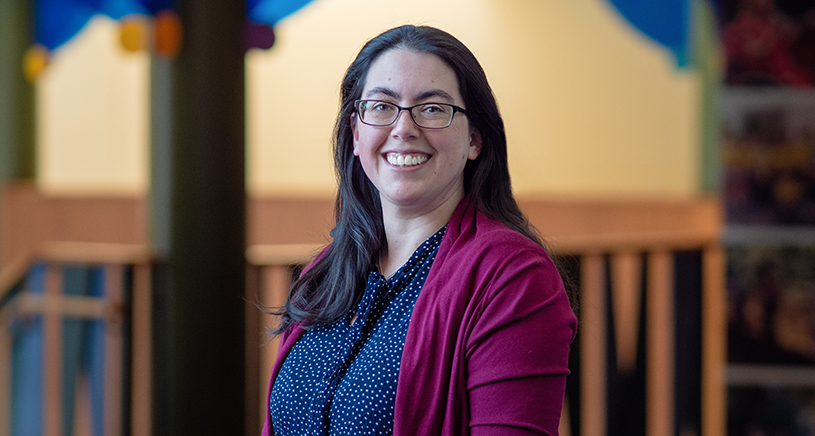 Marisa Eisenberg is an associate professor of Epidemiology at the University of Michigan School of
Public Health. Her recent research has primarily been in the modeling of infectious
diseases.
Marisa Eisenberg is an associate professor of Epidemiology at the University of Michigan School of
Public Health. Her recent research has primarily been in the modeling of infectious
diseases.
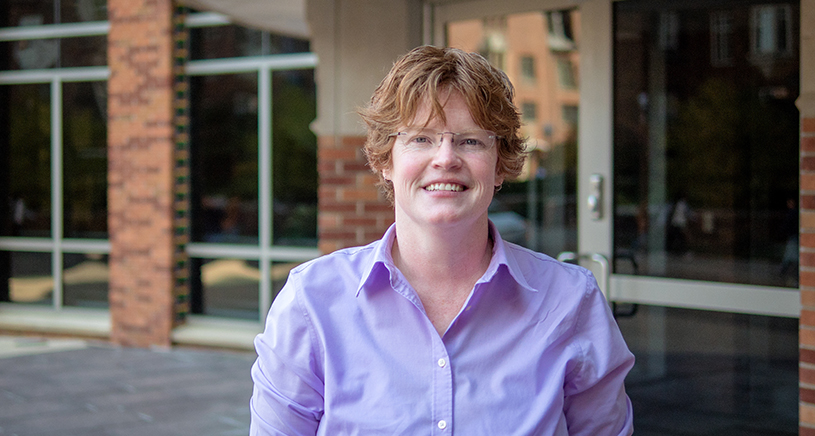 Aubree Gordon, associate professor of Epidemiology at the School of Public Health, works on infectious
disease epidemiology and global health, particularly the epidemiologic features and
transmission of influenza and dengue fever. She is an investigator with the Centers
of Excellence for Influenza Research and Surveillance.
Aubree Gordon, associate professor of Epidemiology at the School of Public Health, works on infectious
disease epidemiology and global health, particularly the epidemiologic features and
transmission of influenza and dengue fever. She is an investigator with the Centers
of Excellence for Influenza Research and Surveillance.
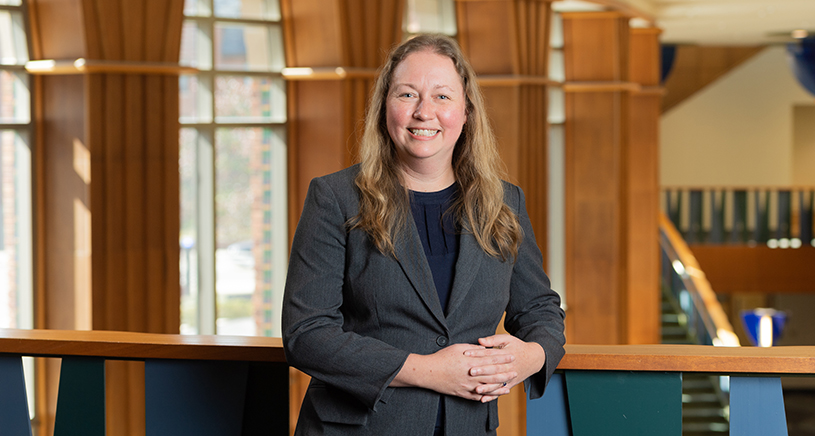 Emily Toth Martin, associate professor of Epidemiology at the School of Public Health, is an infectious
disease epidemiologist with a focus on virus epidemiology and the use of vaccines
and therapies to prevent and treat infection. Her research includes optimizing the
use of diagnostics for viral diseases.
Emily Toth Martin, associate professor of Epidemiology at the School of Public Health, is an infectious
disease epidemiologist with a focus on virus epidemiology and the use of vaccines
and therapies to prevent and treat infection. Her research includes optimizing the
use of diagnostics for viral diseases.
 Bhramar Mukherjee is the John D. Kalbfleisch Collegiate Professor and chair of Biostatistics at the
University of Michigan School of Public Health. She can address the role of interventions
for COVID-19 in India.
Bhramar Mukherjee is the John D. Kalbfleisch Collegiate Professor and chair of Biostatistics at the
University of Michigan School of Public Health. She can address the role of interventions
for COVID-19 in India.
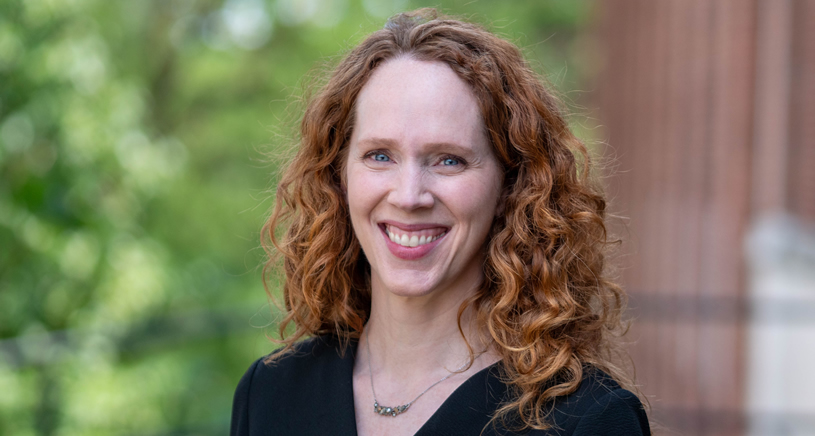 Laura Power is a clinical assistant professor of Epidemiology at the University of Michigan School
of Public Health. She can address the term “flattening the curve” and the spread of
COVID-19.
Laura Power is a clinical assistant professor of Epidemiology at the University of Michigan School
of Public Health. She can address the term “flattening the curve” and the spread of
COVID-19.
Read Q&A on flattening the curve.
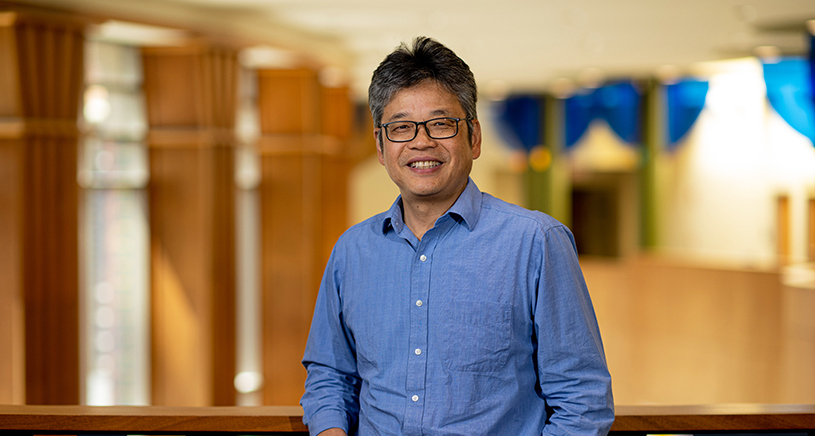 Peter Song is a professor of Biostatistics at the University of Michigan School of Public Health.
He is interested in methodological developments related to modelling, statistical
inference and applications in biomedical sciences.
Peter Song is a professor of Biostatistics at the University of Michigan School of Public Health.
He is interested in methodological developments related to modelling, statistical
inference and applications in biomedical sciences.
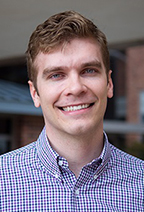 Abram Wagner is a research assistant professor of Epidemiology at the University of Michigan School
of Public Health. His research is targeted toward evidence-based programs and policies
that work toward the control of a broad range of vaccine-preventable diseases.
Abram Wagner is a research assistant professor of Epidemiology at the University of Michigan School
of Public Health. His research is targeted toward evidence-based programs and policies
that work toward the control of a broad range of vaccine-preventable diseases.
Watch Wagner on Fox 2 Detroit addressing the spread of COVID-19.
Mental Health and Social Impacts
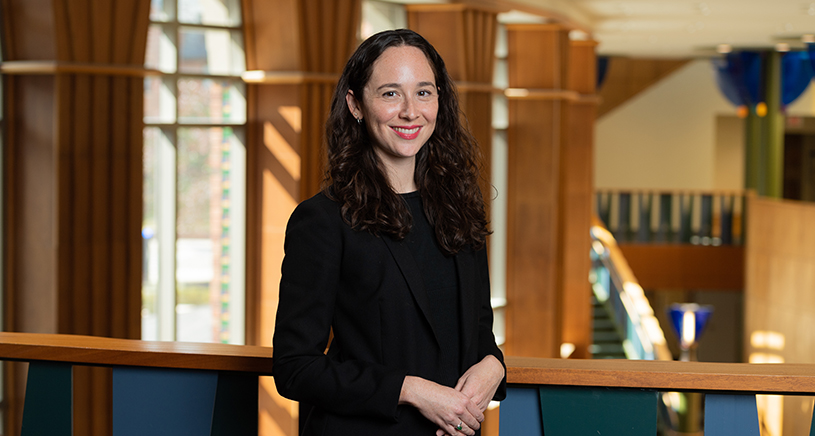 Lindsay Kobayashi is an assistant professor of Epidemiology at the University of Michigan School of
Public Health. She can discuss the social determinants of health and health inequities,
especially as applied to the older population, that may be affected by the COVID-19
pandemic. She can also speak to the quality of the research design, ethics, and potential
broader social implications associated with non-peer reviewed studies including the
study "Hydroxychloroquine and Azithromycin as a treatment of COVID-19."
Lindsay Kobayashi is an assistant professor of Epidemiology at the University of Michigan School of
Public Health. She can discuss the social determinants of health and health inequities,
especially as applied to the older population, that may be affected by the COVID-19
pandemic. She can also speak to the quality of the research design, ethics, and potential
broader social implications associated with non-peer reviewed studies including the
study "Hydroxychloroquine and Azithromycin as a treatment of COVID-19."
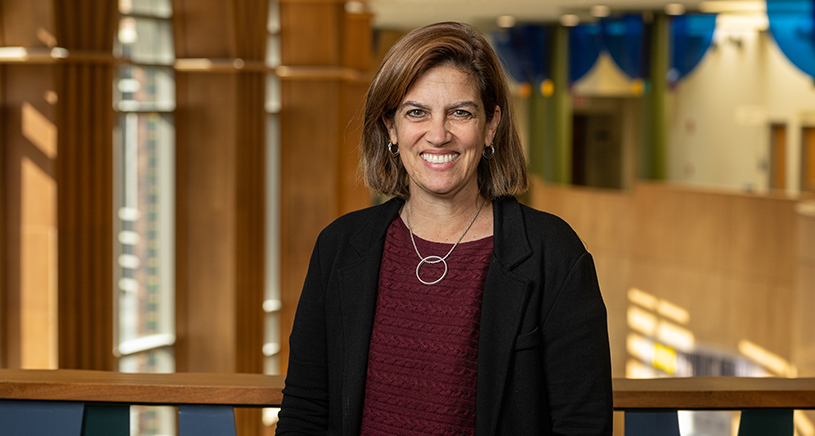 Alison Miller is an associate professor of Health Behavior and Health Education at the University
of Michigan School of Public Health. She research focuses on child bio-behavioral
regulation, family functioning, and social context. She studies basic developmental
processes, including self-regulation of emotions, sleep, eating behavior, and neuroendocrine
stress responses in young children.
Alison Miller is an associate professor of Health Behavior and Health Education at the University
of Michigan School of Public Health. She research focuses on child bio-behavioral
regulation, family functioning, and social context. She studies basic developmental
processes, including self-regulation of emotions, sleep, eating behavior, and neuroendocrine
stress responses in young children.
Read Q&A on the mental health and stress implications of COVID-19.
Health Disparities
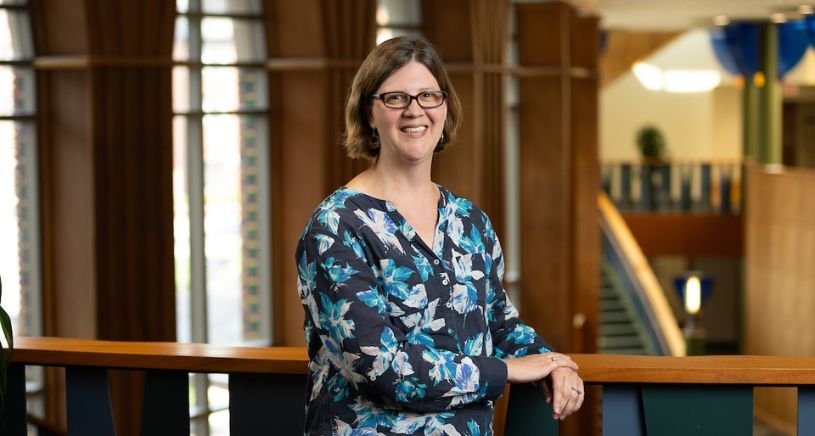 Nancy Fleischer is an associate professor of Epidemiology at the University of Michigan School of
Public Health. Her research interests include health disparities, social and environmental
determinants of health and global non-communicable disease risk. She can comment on
how certain vulnerable populations may be at increased risk for COVID-19 transmission
and complications.
Nancy Fleischer is an associate professor of Epidemiology at the University of Michigan School of
Public Health. Her research interests include health disparities, social and environmental
determinants of health and global non-communicable disease risk. She can comment on
how certain vulnerable populations may be at increased risk for COVID-19 transmission
and complications.
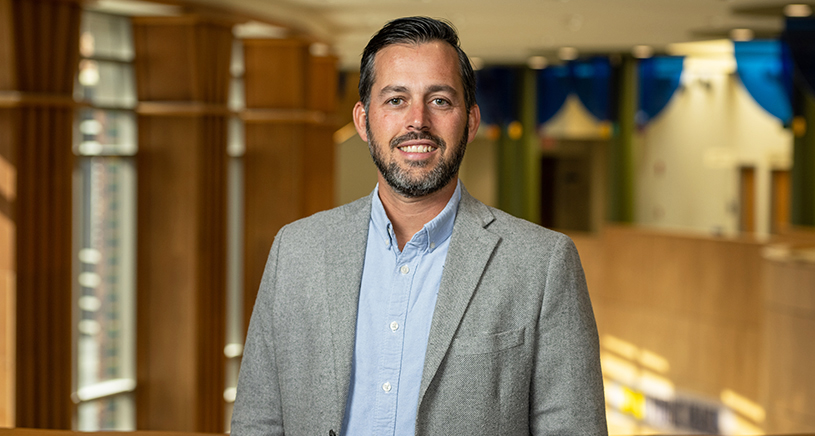 Paul Fleming, assistant professor of Health Behavior and Health Hducation at the School of Public
Health, uses a community-based participatory approach with Latino immigrants to examine
how policies and discrimination contribute to poor physical and mental health outcomes.
Paul Fleming, assistant professor of Health Behavior and Health Hducation at the School of Public
Health, uses a community-based participatory approach with Latino immigrants to examine
how policies and discrimination contribute to poor physical and mental health outcomes.
"To solely state that underlying medical conditions cause racial disparities in coronavirus outcomes without explaining why some groups are disproportionately affected by conditions such as asthma, diabetes and hypertension is like saying that the Flint Water Crisis was caused by lead dissolving off the water pipes," he said. "It may be technically true but it ignores the bigger picture about the racist policies and discrimination that are the root cause of the problem."
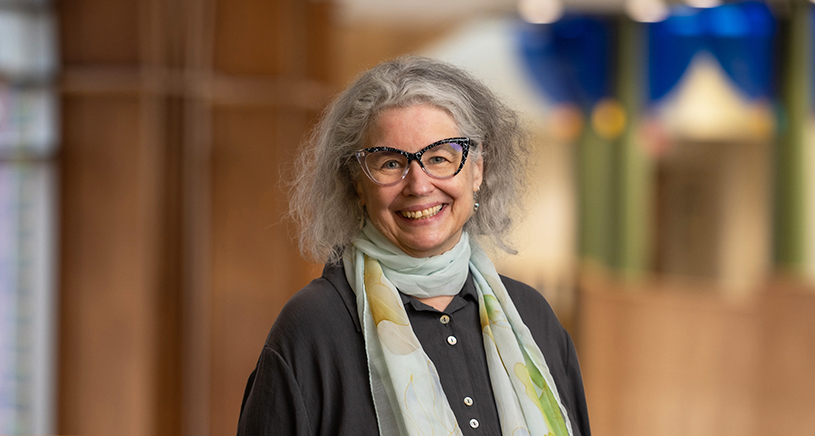 Arline Geronimus is a professor of Health Behavior and Health Education at the School of Public Health
and associate director of the Population Studies Center, Institute for Social Research.
She's a member of the National Academy of Medicine.
Arline Geronimus is a professor of Health Behavior and Health Education at the School of Public Health
and associate director of the Population Studies Center, Institute for Social Research.
She's a member of the National Academy of Medicine.
"The disproportionate impact of COVID-19 on Blacks, Latinx, Native Americans and the poor is extreme and alarming, but, unfortunately, not surprising," she said. "Along the pathways through which Americans are exposed to COVID-19 and vulnerable to its worst impacts, members of these groups are at an entrenched disadvantage.
"Beyond medical professionals, essential workers are more likely to be members of these groups and, thus, out in the world each day, in proximity to more people. Those who shelter in place, are more likely to do so in overcrowded and decaying homes that are often ripe with asthma triggers; and they are less likely to be in a position to work remotely, reducing household resources. Members of these populations bear a disproportionate probability of having the pre-existing conditions, such as asthma and diabetes, that increase the risk of death among those who are infected, including at young ages.
"Even short of a diagnosed condition, members of these populations are likely to have experienced 'weathering,' the dysregulation and stress-mediated wear and tear across body systems—immune, neuroendocrine, cardiovascular and metabolic—that, in effect, represents the acceleration of biological aging and can result in having weakened tissues and organs, more vulnerable to the 'cytokine storms' that appear to be one of the biological mechanistic pathways from COVID-19 infection to death rather than recovery.
"Relative lack of access to health insurance and primary care physicians for these communities, coupled with the implicit racial bias many health care providers have, become a lethal combination when health care resources and technology are scarce, as they are now, and overstressed health personnel are pressed to make triaging decisions with few protocols."
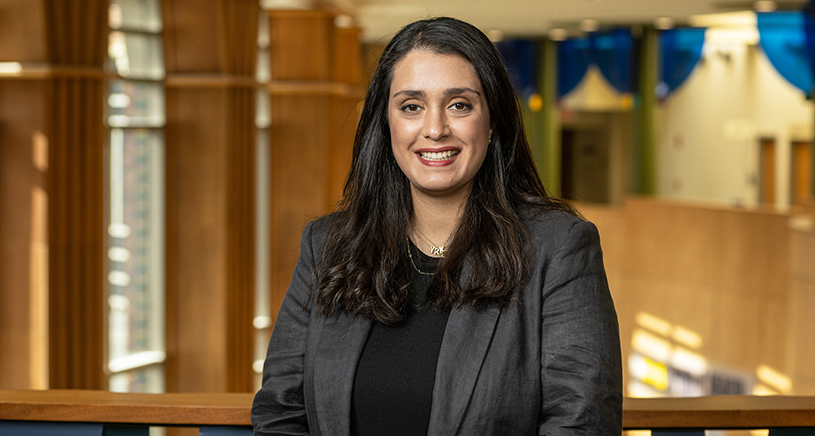 Roshanak Mehdipanah is an assistant professor of Health Behavior and Health Education. She can discuss
connections between housing instability and health, health equity gaps, and urban
health and the intersections with other determinants of health.
Roshanak Mehdipanah is an assistant professor of Health Behavior and Health Education. She can discuss
connections between housing instability and health, health equity gaps, and urban
health and the intersections with other determinants of health.
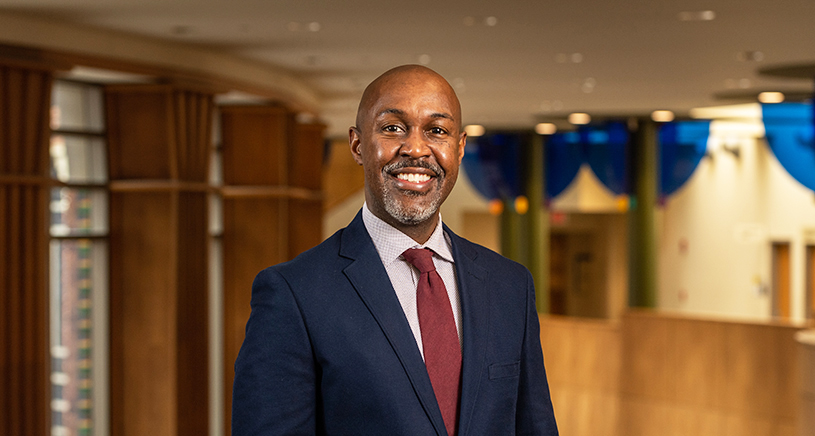 Enrique Neblett is a professor of Health Behavior and Health Education at the University of Michigan
School of Public Health. Neblett is one of the leading US scholars in the area of
racism and health, with a particular focus on understanding how racism-related stress
influences the mental and physical health of African American young people. He is
interested in examining COVID-19 racial disparities and interventions, programs, and
policies that might address these disparities, improve health, and promote health
equity.
Enrique Neblett is a professor of Health Behavior and Health Education at the University of Michigan
School of Public Health. Neblett is one of the leading US scholars in the area of
racism and health, with a particular focus on understanding how racism-related stress
influences the mental and physical health of African American young people. He is
interested in examining COVID-19 racial disparities and interventions, programs, and
policies that might address these disparities, improve health, and promote health
equity.
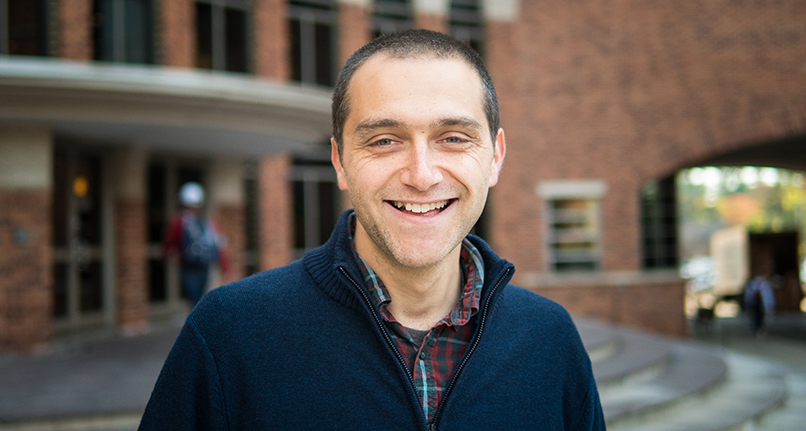 Jon Zelner, assistant professor of Epidemiology at the University of Michigan School of Public
Health, is a social epidemiologist focused on understanding and targeting the joint
social and biological drivers of infectious disease risk. Among his recent research,
he's looked at modeling racial disparities in tuberculosis mortality in early 20th
century America. He can discuss how disparities have affected different populations
in the past, when lower income populations have been at greater risk than wealthier
peers.
Jon Zelner, assistant professor of Epidemiology at the University of Michigan School of Public
Health, is a social epidemiologist focused on understanding and targeting the joint
social and biological drivers of infectious disease risk. Among his recent research,
he's looked at modeling racial disparities in tuberculosis mortality in early 20th
century America. He can discuss how disparities have affected different populations
in the past, when lower income populations have been at greater risk than wealthier
peers.
"People have incentives that pull them in different directions," he said. "Nobody wants to go sick to the workplace or out to the community or at school but the less ability you have to make those choices, to take time off, the more likely you are to go to work, to ride the bus, to go to places where you could transmit to other people."
Health Care Workforce and Policy
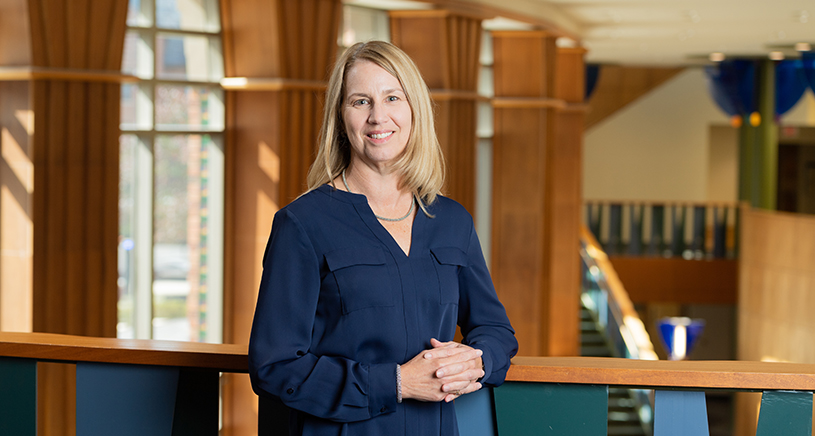 Denise Anthony is a professor and chair of Health Management and Policy at the School of Public
Health. Her work examines the use of information technology in health care. Anthony
and doctoral candidate Amanda Stanhaus are looking at a potential immunity certification
system that is being considered in other countries to address public health needs
while restarting the economy.
Denise Anthony is a professor and chair of Health Management and Policy at the School of Public
Health. Her work examines the use of information technology in health care. Anthony
and doctoral candidate Amanda Stanhaus are looking at a potential immunity certification
system that is being considered in other countries to address public health needs
while restarting the economy.
"Historically, some diseases, particularly communicable ones like polio, HIV, and even SARS, become a source of social stigma, discrimination and exclusion," they said. "We are already seeing racism and discrimination in the coronavirus pandemic. To avoid serious unintended consequences of privileging immunity passport holders, we must ensure that protections are in place to combat the possibility of inequality and stigma."
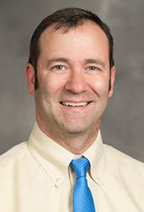 Christopher Friese, professor of Nursing at the University of Michigan School of Nursing and professor
of Health Management and Policy at the School of Public Health. He is an expert on
health care worker safety and leads a research team focused on health care delivery
in high-risk settings.
Christopher Friese, professor of Nursing at the University of Michigan School of Nursing and professor
of Health Management and Policy at the School of Public Health. He is an expert on
health care worker safety and leads a research team focused on health care delivery
in high-risk settings.
"Ongoing training is essential to keep our workforce safe," he said. "In the current situation, I recommend health care workers––regardless of setting––ask their employer to conduct respirator fit testing and review procedures to safely apply and remove protective equipment. Make sure the equipment is readily available and there is clarity as to what equipment should be used in what circumstance."
Q&A: Health care workers must protect themselves even if employers won't
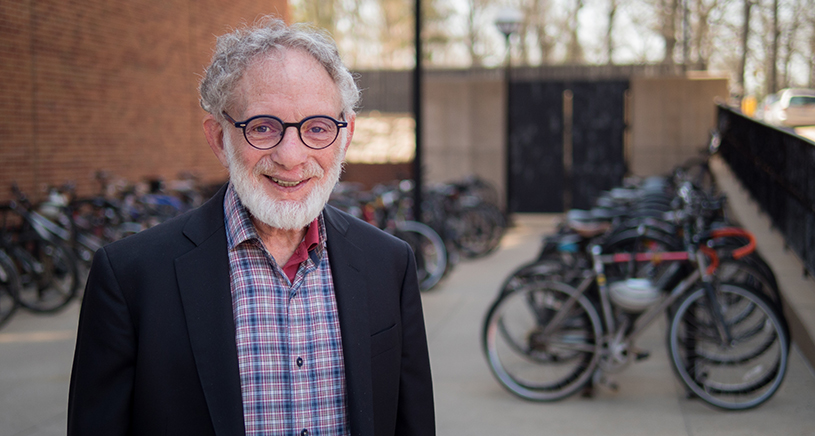 Peter Jacobson, professor emeritus of Health Management and Policy at the University of Michigan
School of Public Health, can discuss the legal issues involving the spread of infectious
diseases, including quarantine. His research focuses on the relationship between law
and health care delivery, law and public health systems, and health equity. He has
looked at previous cases including the 2014 Ebola outbreak, when several states imposed
quarantines exceeding guidelines from the federal Centers for Disease Control and
Prevention.
Peter Jacobson, professor emeritus of Health Management and Policy at the University of Michigan
School of Public Health, can discuss the legal issues involving the spread of infectious
diseases, including quarantine. His research focuses on the relationship between law
and health care delivery, law and public health systems, and health equity. He has
looked at previous cases including the 2014 Ebola outbreak, when several states imposed
quarantines exceeding guidelines from the federal Centers for Disease Control and
Prevention.
In the News:
- How to get an advance supply of critical medicine to prepare for a coronavirus outbreak and quarantine
- How To Boost Your Emergency Supply Of Prescription Medicines
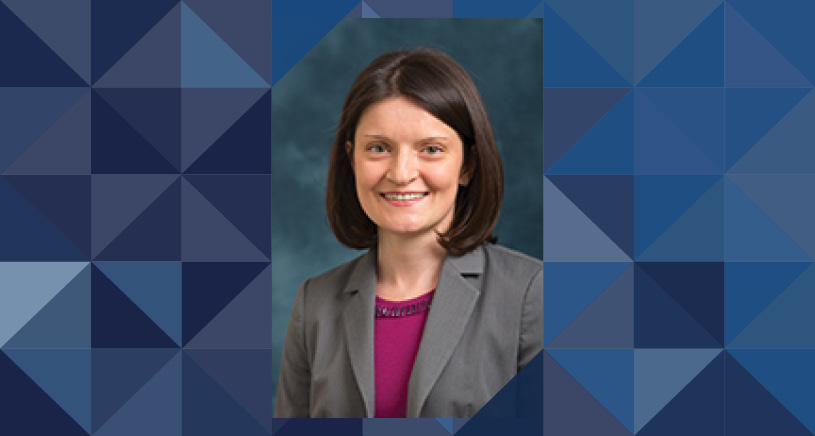 Simone Singh is an assistant professor of health management and policy at the University of Michigan
School of Public Health. Her areas of expertise include health care/hospital and public
health finance as well as hospital community benefit.
Simone Singh is an assistant professor of health management and policy at the University of Michigan
School of Public Health. Her areas of expertise include health care/hospital and public
health finance as well as hospital community benefit.
Nutrition and Food Insecurity
 Cindy Leung is an assistant professor and nutrition epidemiologist whose research focuses on
diet and health disparities in vulnerable populations. She can discuss food insecurity.
Cindy Leung is an assistant professor and nutrition epidemiologist whose research focuses on
diet and health disparities in vulnerable populations. She can discuss food insecurity.
Health Communication
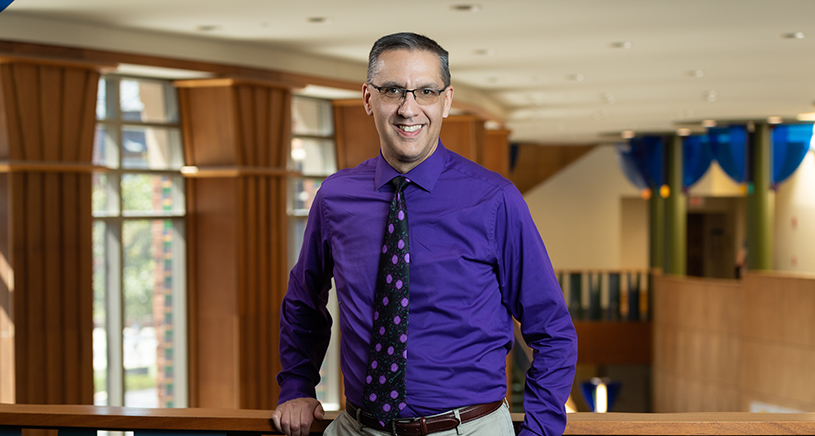 Brian Zikmund-Fisher is a health communications expert and associate professor of Health Behavior and
Health Education at the University of Michigan School of Public Health. His research
and teachings focus on health risk perceptions of enabling everyone to share scientific
information in meaningful ways.
Brian Zikmund-Fisher is a health communications expert and associate professor of Health Behavior and
Health Education at the University of Michigan School of Public Health. His research
and teachings focus on health risk perceptions of enabling everyone to share scientific
information in meaningful ways.
"The risks of COVID-19 are psychological as well as medical," he said. "How we talk about this virus affects whether people do what they need to do (such as really washing hands consistently) and whether they do counterproductive behaviors like hoarding masks. Effective COVID-19 communication has to go beyond sharing information to acknowledging and addressing the public's emotions."
Media Inquiries
To speak with one of our experts, email our media relations team at sph.media@umich.edu.
